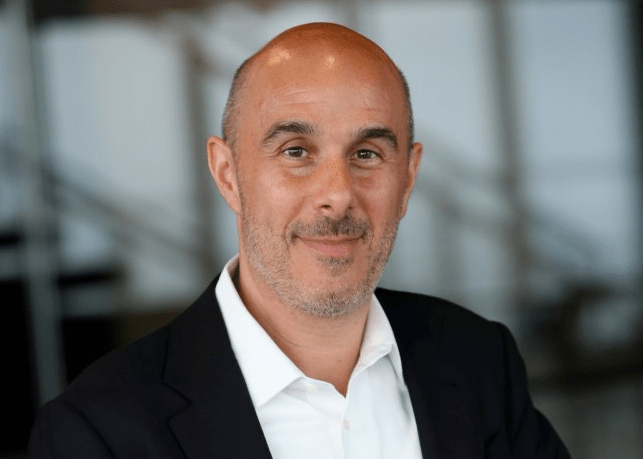She’s done it again. Marissa Mayer, perhaps the highest profile female CEO in the world, once again announced her pregnancy in the same breath as her intention not to let it get in the way of her job. Three years ago, Mayer took a two–week “working” leave upon giving birth to her son. She intends to take the same approach this year after she gives birth to twins. However, I’m a bit surprised she would choose to approach both pregnancies the same way. I sure didn’t.
When I gave birth to my first child in July of 2012, I took only four days of maternity leave. My company, Piazza, a social learning platform used by professors and students, had just emerged from beta, and we were entering our most important sign-up period of the year. Given the state of the product, I believed that taking a proper leave would crush the company. I had invested too much to let us fail, as had my investors. I did what I felt I had to do: I resumed full-speed ahead as though no baby had just vaulted from my body. The company thrived. Emotionally and physically, I did not. I was miserable, emotional and unpleasant.
When I had my second child last December, I vowed to do things differently. I even declared in a Fortune article that with my second pregnancy I’d take a whopping 30–day leave. Honestly, that’s a lot for a CEO. Or so I thought. As the 30-day mark neared, I realized I still wasn’t ready to return. So I took an additional two weeks. During my time off, I was completely confident that all would be fine at Piazza. I had trained and empowered highly capable deputies — including a stellar COO, herself a mother of two young children — to lead in my absence.
Once I did return, I determined my own hours: working mornings and nights, often popping in at home during the day to nurse and visit my daughter. I kept business travel to a minimum, and wasn’t afraid to rely on the support system I had assembled of loving family and friends. My company did not fall apart. In fact, it’s performing better than ever. I showed my employees not only that mental and physical health is important, but that I trusted them in my absence to advance the initiatives we had so carefully designed together.
Of course, we can’t all be CEOs who set their own schedules, and most people don’t enjoy the amazing support infrastructure I’ve been blessed with. However, at least in the technology sector for skilled professionals, the job market is hot. This is a real advantage for working parents. Suddenly, companies that offered only the legal minimums on maternity leave — like Yahoo (YHOO) did until Mayer improved them in 2013 — are now competing on matters of family friendliness, offering benefits like milk shipping, flying nannies and “luxe” (by U.S. standards) extended parental leave benefits (now up to a year in length).
So, this brings me to a word of caution for Mayer: while it’s completely up to her, her spouse and their doctor to determine how much and what type of maternity leave she wants and needs, I would urge her to consider the recruiting repercussions of her decisions among the millions of other factors mothers-to-be at the helm must contend with.
At a time when most technology companies are competing fiercely for talent — especially for female and diverse talent — her own example could send a powerful and/or potentially damaging message to current and prospective employees. Studies show that nearly half of all female STEM professionals leave their careers early due to a perceived incompatibility of work and family demands. Tech workers grappling with parenthood may see Marissa’s approach as the standard and leave the workforce entirely, unwilling to make that kind of sacrifice themselves; or they may see her example and simply walk (run!) away from Yahoo into the delighted embrace of another employer offering credible enticements of work-life balance.
I know for a fact that Piazza has benefitted from walking the walk of a more flexible work-life balance. One of my employees recently gave birth to her fourth child. Before maternity leave, she worked 20 hours a week. Once her son was two months old, she decided to ease her way back to work, opting for a five-hour work week — for now. Whenever she’s ready to return to her regular hours, we’ll be delighted to have her. I strongly believe that our willingness to do what most company executives shockingly still refuse to do — accommodate working parents’ needs — is a huge competitive advantage for us in the talent wars.
To be sure, it’s unrealistic for the CEO of a major company — or any high growth or high visibility firm — to take a lengthy parental leave. As lovely as it sounds, that’s not why chief executives are compensated the way they are. All of that said, more company executives should be exemplifying and fostering work environments that not only enable, but also encourage employees to take the time they need so they can return to their jobs focused and contented. Even if they don’t feel an obligation to do it on the humane level, they should think about the impact on the business. Given the escalating race for talent, as well as increased scrutiny on the tech sector’s recruitment and retention of women, accommodating parents has become an outright business imperative.
Pooja Sankar is the founder and CEO of Piazza.











